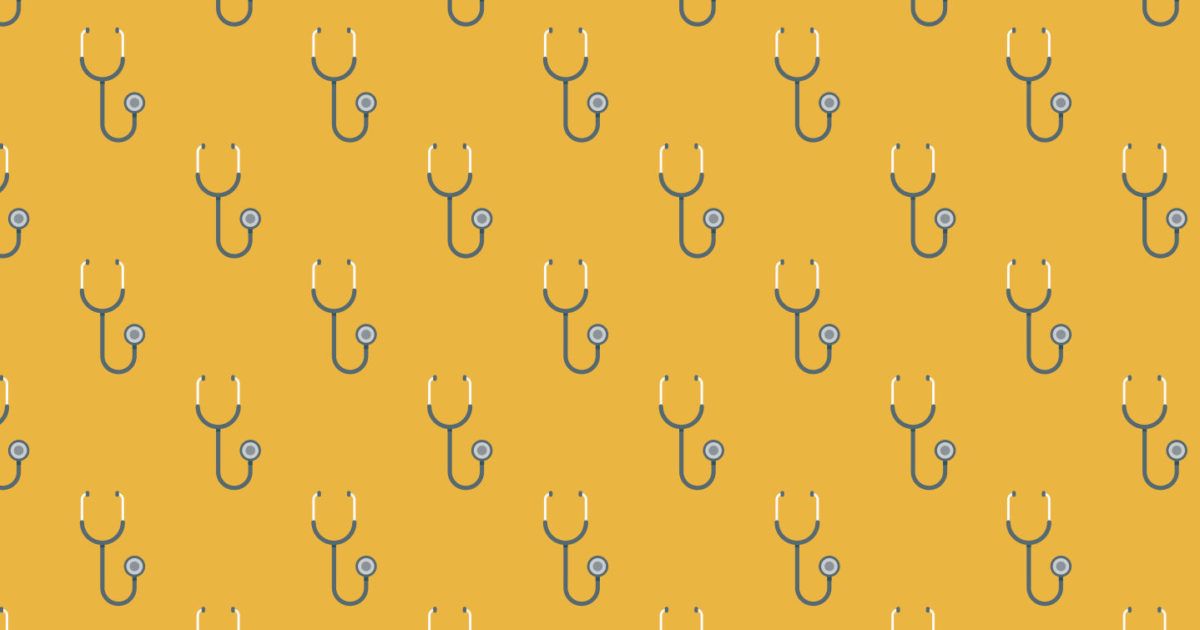What Is It Really like to Be a Woman in Medicine?
UT Health Austin doctors open up about family, discrimination, and change as women in medicine
Reviewed by Yvette Williams-Brown MD and Kimberly Brown MD
Written by Abbi Havens

At UT Health Austin, we know the importance of a diverse staff and patient base to increase mutual understanding and deliver the most informed care possible to our community. When we listen and learn from each other, we all grow. In the Women in Medicine panel discussion recently hosted by the Dell Medical Health Apprentice (HLA) Program, we had the privilege of listening to UT Health Austin doctors Kimberly Brown, MD, FACS, and M. Yvette Williams-Brown, MD, MMS, FACOG discuss gender-based issues in medicine and have a frank discussion about what it’s really like to be a woman in medicine. Here’s what they had to say on the subjects of family, bias, and change.
Can you tell us a little bit about yourselves and what led you to enter medicine?
Dr. Williams-Brown: I was drawn to my field because I was fascinated by babies. I thought reproduction was amazing and I’ve always been interested in science and biology. Once I actually began ob-gyn residency, delivering babies was exciting, but I was more drawn to the complexity of the surgery involved in taking care of women with gynecologic cancers. I decided to sub-specialize and became a gynecologic oncologist.
Dr. Brown: I’m a surgical oncologist. I chose surgical oncology because I love my patients and I am honored to help them in their acute time of need. Additionally, I love surgical oncology for problem-solving. Between surgery, chemo, or radiation, what’s best for the patient, and in what order? Discovering what’s best for patients is intellectual and hands-on, which I find incredibly satisfying. My husband even noticed when I’m spending a lot of time in the OR, my mood is better. When I haven’t operated in a while, I’m cranky.
A common question that women entering medicine receive is ‘How will you manage a family and children?’ What are your thoughts on this, and is this a valid question?
Dr. Williams-Brown: I always wanted a family and I always wanted to be a doctor, and I never felt I had to choose between the two. I’m surrounded by friends who are female physicians, and they are constantly around my house and know my kids. So when my twin boys recently met a male doctor, they said, ‘Wow, daddies can be doctors too?’ So yes, my boys are beginning to realize that even they can be doctors if they put their minds to it.
Cue the crowd’s laughter.
Dr. Brown: I’ve realized that even when you work outside of medicine, it’s not that much easier to have kids in any field. In any context, when you have a career you are trading time with your kids, but you’re gaining the opportunity to build your own sense of identity and satisfaction from that. My kids know I love them very much. It is possible. It’s challenging, but it’s possible.
What are some examples of discrimination you’ve faced as a woman in medicine whether from patients, intentional or unintentional or from colleagues?
Dr. Williams-Brown: The biggest barrier I face is people don’t think I’m a doctor, period. I can walk into a space and not even be acknowledged. Once I was rounding in between surgeries with my residents, and a nurse asked me who I was there to pick up. I said, ‘Excuse me?’ She repeated, ‘Are you here picking up or dropping off?’ I said neither and she asked, ‘Well are you just hanging out on the ‘floor?’ Finally, I said ‘No, I’m a physician.’ It seemed I couldn’t have been anything else other than the patient transporter because she was just wracking her brain trying to figure out what else I could possibly be doing there. I can name countless examples of that as a woman of color. It’s little microaggressions, as they call it. I don’t know if they’re really microaggressions or a slap in the face, but those things happen all the time. They add up and can be overwhelming if you let them.
Dr. Brown: What’s been most challenging in my career is the currency of opportunities and how those are distributed. In academia you need grants, to publish research, and to be in leadership roles and those opportunities are often doled out by the people already in positions of influence. Statistically speaking, those people are often white men. I recently attended a talk by a surgeon about disparities in education and leadership. He said that whenever he is asked to provide a name for an opportunity, whoever comes to mind might be the person he recently had a beer with, and that person will most often be someone like him. He now tries to think a little deeper and ask himself, ‘Who else do I know that is also qualified for this opportunity?’ in order to extend opportunities more equally to people from diverse backgrounds.
Moving forward, what would you like to see change?
Dr. Brown: I think it’s important to make education about microaggressions a part of the culture and teach people appropriate responses to address that.
Dr. Williams-Brown: I think just having women and people of color in positions of power will ultimately change things. Having representation certainly matters and people who are conscious of others’ interests will actually create change for other people.
Creating change. That is how we work here at UT Health Austin. By welcoming a diverse range of voices to the table, we constantly strive to give you the best and most informed care possible, and we couldn’t do it without our own inspiring women in medicine.